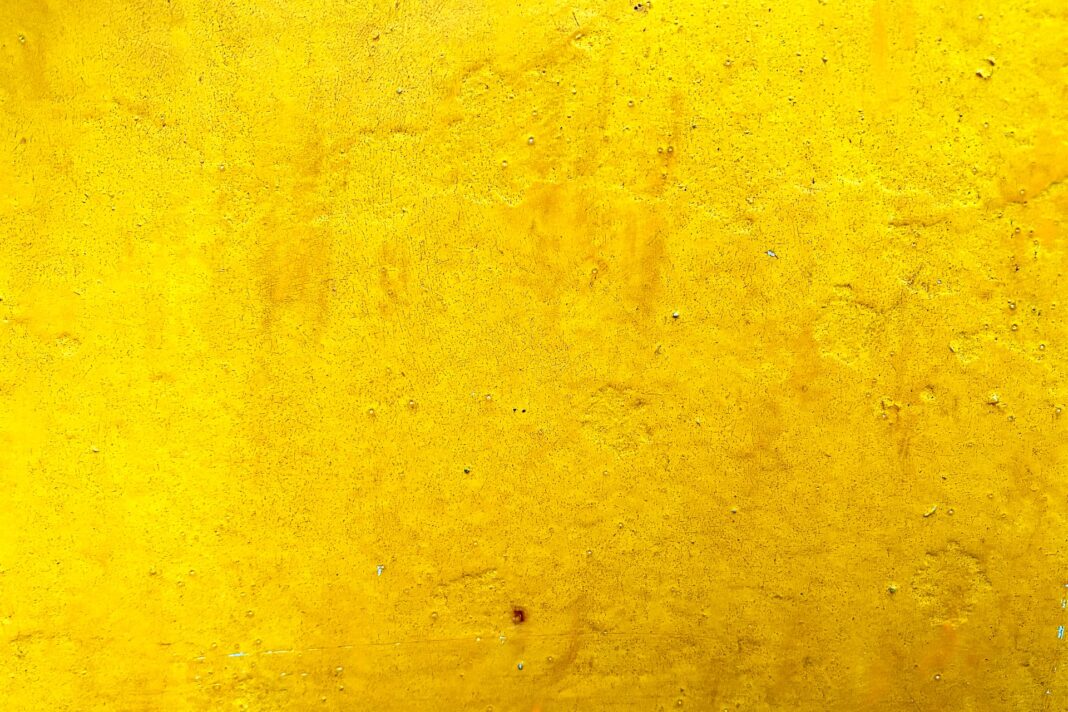UNITED STATES—The sons of and daughters of Juana and Antonio were still living in the jungle camp in the hairy alive jungle, expendable and replaceable. Never to be emancipated from the sauna of the banana lands, they were enslaved by the reverse thievery that was in the Allied Fruit’s blood. They belonged to a human crop, just as plentiful as the bunches of bananas hoisted out of the jungle by man and beast.
There they perdured, Juana and Antonio, putting in their 12 hours daily, eager to see it through and craved to return to a state of idleness. Meanwhile, the gringo fruit company executives in their air-conditioned settlements could eat oysters Rockefeller, Juana and Antonio survived on their pot of beans.
“You’d be surprised,” said one of the foremen, “they created that because of a shortage of escargot.” And there was plenty of oysters in New Orleans to substitute escargot. The green dish served on the shell was so rich marked by an extreme richness. The son of Antoine’s called it Rockefeller, after John F. Rockefeller, then the richest American, bathed in melted butter and parsley.
“They have the life,” commented one of the talkative men, who gave postcards of the world beyond the electric fence. “They have swimming pools and stable. Their beautiful women go under parasols. They play a game with sticks and balls, something like our Mayan ancestors played. On some Sundays, they hit another ball from mallots as the ride over a green field on roan stallions.”
Prolific mother that nature is, she had something else new up her sleeves. “You’re looking good,” Juan said to himself in the bit of polished chrome that served of mirror in their shack. They started spraying for a fungus that darkened the banana plants leaves to the roots. It made it look like the trees had gone through a fire. Withing a year swathes of the jungle Juana and Antonio lived in had turned black.
“You are going to walk through the fields,” the foreman told Juan. “To see that the poison covers the plants evenly.”
They were getting blue bananas due to the spray being put to counter the fungus that was sweeping through the plantations. Half of the plants were dying. The pestilence fueled Allied’s voracious quest for even more lands, as insurance against the extinction of the fragile banana tree whose chemical savior had been whimsically christened, Bordeaux mixture after the celebrated French wine.
Because of the spray that was used, around Roosevelt’s second term, the bananas had to be washed in a chemical solution that turned blue bananas green. Juan was one of the men who had to walk the banana lands as the poison was applied.
“I started to feel strange changes. I lost my sense of smell and then my appetite. And when there’s no appetite, there’s no life.” He told Juana, “Everything taste like glue now. Who wants to eat glue? Shrimp or beans in all tastes the same bland mush.”
“You’re losing weight, Antonio. I’m worried,” Juana said.
The banana company had everything, they had nurses, a doctor, hospitals. The only time it was open was for workers in the hour of their death, or Sunday morning when they would have a few precious hours to themselves. They went and saw the nurse, who said Antonio needed rest. Soon, the food wouldn’t stay on his stomach.
“We’ve got to get out of here,” she saw, as he wasted away before her eyes.
When the women got together they would remark: “The men keep volunteering for the hazard pay. It must be a macho thing and a money thing.”
They kept at it, so they would have enough money to leave. Antonio lost his swagger. He became a thin, weak, frail old man, not yet 30.
“Two month the men turned greenish. By they third month they were blue.”
Look, people pointed, look at the Parakeets. Humor undermined the horror as it would on the isthmus.
“Look at those poor rejects from the trade,” said Don Tibo. “They traded the appetite and sense of smell for money.”
“How cheaply they sold it.”
“They lost what they gained.”
“You could be talking about our countries. We have been the whores to the banana juggernaut.”
“It’s funny how it all evens out. How you lose what you gain. And when you get what you sought, you’re left asking is that all there is.”
To be continued…
Graydon is the Wizard of Fiction.






